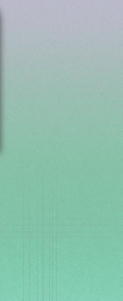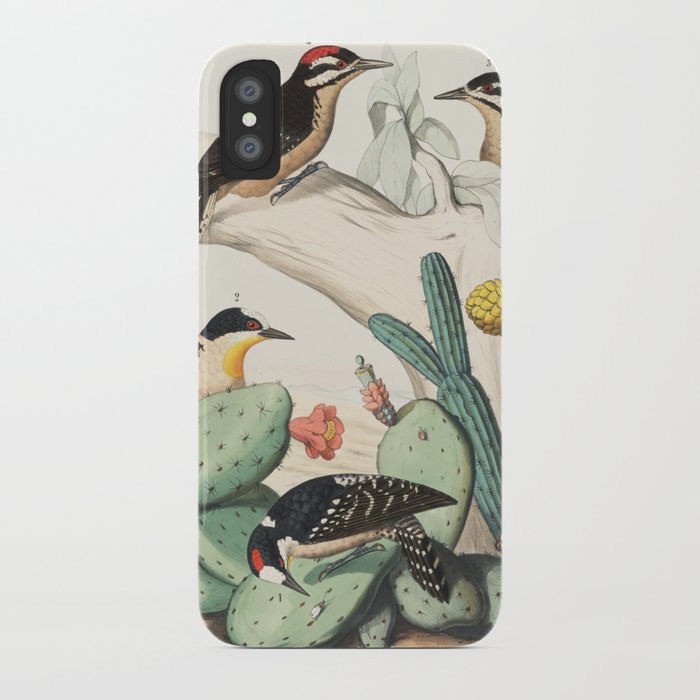





 |
 |
 |
 |
 |

woodpeckers and cacti iphone case
SKU: EN-A10231

woodpeckers and cacti iphone case
Tech Enabled: CNET chronicles tech's role in providing new kinds of accessibility. The US made twice as many data requests to Apple in the last six months of 2016 as it did in the first six months, the company says. The US and other governments around the world needed a lot of help getting data from Apple devices last year. The number of national security orders issued to Apple by US law enforcement doubled to about 6,000 in the second half of 2016, compared with the first half of the year, Apple disclosed in its biannual transparency report. Those requests included orders received under the Foreign Intelligence Surveillance Act, as well as national security letters, the latter of which are issued by the FBI and don't require a judge's sign-off.
Apple, in its filing Monday, argued that the lower court's ruling was correct and that the case wasn't worth consideration by the Supreme Court because the patent laws themselves weren't in dispute, It also said that even if the issues were in dispute, the case isn't a good one to use for setting new legal precedent, "Samsung's petition challenges two Federal Circuit decisions, neither of which implicates any broad or disputed question of substantive patent law," Apple said in its filing, "The petition should be denied."Apple didn't have a comment woodpeckers and cacti iphone case beyond its filing, Samsung didn't have a comment about Apple's filing, In March, the South Korean electronics giant said: "We hope the US Supreme Court will grant our petition, which will put competition back where it belongs -- in the marketplace, not in the courtroom, If granted, the Court can ensure there is a fair legal environment that fosters innovation for businesses of all types and sizes."Apple and Samsung have been battling over patents since 2012, and a question about how much money could be owed for infringing design patents made it all the way to the Supreme Court in October 2016, In December, the Supreme Court said in a unanimous opinion that damages for design patent infringement can be based only on the part of the device that infringed the patents, not necessarily on the entire product, It sent the case back to a lower court to redetermine the damages..
In March, Samsung filed another request, called a writ of certiorari, with the Supreme Court (this is its third). This time, it asked the justices to reconsider a Federal Circuit ruling that said it had to pay Apple $120 million for infringing Apple's smartphone patents. That case involved Apple's slide-to-unlock, autocorrect and quick links patents. Apple originally won $120 million in a trial in early 2014, but a US Circuit Court of Appeals threw out the verdict in February 2016. At that time, the panel of three judges said that Samsung didn't infringe the quick links patent and the other two patents were invalid because they covered obvious innovations. An en banc Federal Circuit court reinstated the verdict in October, though.
In its filing to the Supreme Court in March, Samsung said that its petition arose "from a pair of woodpeckers and cacti iphone case deeply divided decisions by the Federal Circuit that make critical changes in several of the most frequently litigated issues of patent law: obviousness, injunctive relief and infringement." It argued that the Federal Circuit's reinstatement of the $120 million judgment was made without allowing briefing or arguments by the parties and it was done over the dissent of all three court panel members, "Because no other circuit can consider the important patent issues here, and because the Federal Circuit was so deeply divided and followed such troubling procedures, this Court should grant certiorari," its filing said..
Other organizations -- including the Software & Information Industry Association (SIIA), Internet Association, Hispanic Leadership Fund and the National Grange of the Order of the Patrons of Husbandry -- last month filed amicus briefs in support of Samsung's request. The SIIA, for one, argued that Supreme Court precedent says the "obviousness" of a patent should be decided by a judge and that the en banc Federal Circuit decision went against that (in this case, an appeals court had invalidated two Apple patents because it said they were obvious. The Federal Circuit reversed that).
- buy iphone xs max cases online - clear case
- illusion case for apple iphone xr - black
- akaitikka iphone case
- vizsla florals dog pattern dog gifts dog breeds pet portraits by pet friendly iphone case
- slightly paris iphone case
- gold hide print metallic iphone case
- run by fruiting iphone case
- capezio x ballet shoes
- rose gold baby girl shoes, flower girl, baby shoes, wedding shoes, toddler shoes, baby moccasins, birthday ballet shoes, holiday
- embroidery files set ballet shoes 10x10 doodle application ballet dance
- gold bridal wedding shoes us size 4.5 women lehnga indian jutti shoes/gold wedding flats/gold ballet flats/khussa shoes/punjabi
- More...



